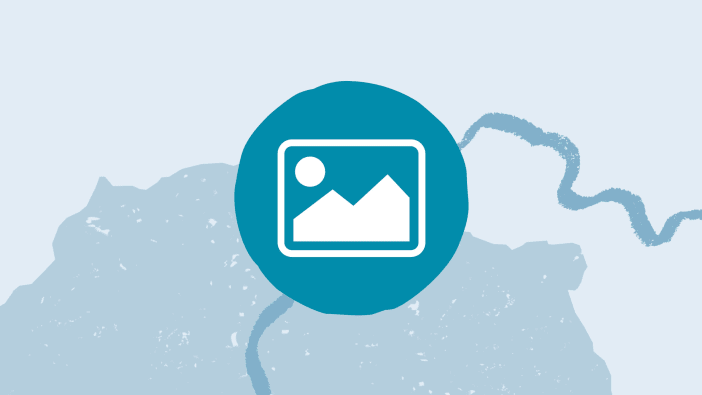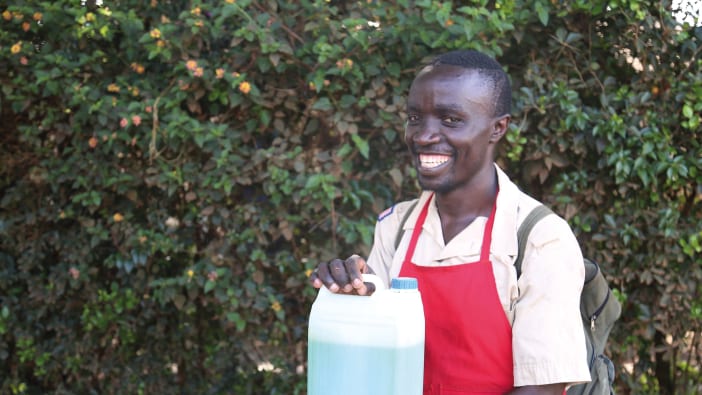There are many reasons for drug shortages. Many countries, particularly in Africa, have not adopted an essential drugs list to ensure good supplies of the most commonly used drugs. There may not be enough foreign exchange to import the necessary raw materials to produce the drugs within country. Drugs can be lost due to theft, poor storage and wastage through expiry. When drugs are prescribed to patients there may be further losses due to over-prescription, unnecessary injections or incorrect prescriptions. Finally, patients may also waste drugs they have been prescribed if they are not sure of the correct dosage, lack confidence in the health staff or fail to complete a course of treatment because they feel better.
Making the patient pay
As funding for health services continues to be cut (often through the effects of third world debt), there is great pressure to maintain salaries for staff and, as a result, available funds for drugs are reduced even more. All these difficulties mean that both governments and health programmes are increasingly trying to raise funding for drugs directly from the patients.
The Bamako Initiative was agreed by African Ministers of Health in 1987 with WHO and UNICEF, calling for community participation in managing and funding supplies of essential drugs. It is based around the eight principles listed at the top of this page (see box). Countries have varied considerably in the ways they have tried to put these principles into action.
Kenya
Here the government has encouraged the setting up of ‘community pharmacies’ run by CHWs (community health workers). The pharmacies stock between nine and twelve essential drugs and these are charged at prices which not only cover their cost but also include a profit kept by the CHWs. In addition, insecticide-treated mosquito nets are sold at subsidised prices. Local people have been positive and feel that prices are fair, though many struggle to find the necessary funds. CHWs are positive because they can earn a small income – but there are dangers in this, particularly with the over-prescribing of unnecessary drugs to earn more money.
Guinea
In Guinea, W Africa, the government supports comprehensive primary health services. They have a nationally agreed set of charges for the more common diagnoses. These include drugs for treatment and after-care.
Ghana
Discussion groups were set up (by Waddington and Enyimayew) in the Volta region of Ghana to examine people’s attitudes to paying for health services. The actual charges for health services were not the only issue people considered. Equally important were the attitude of health staff, the availability of drugs, whether payments could be made by instalments or in kind and whether credit was available.
Dominican Republic
Research here (by Bitran) found that people would prefer to pay for good quality private healthcare, rather than use government health facilities which were free or low cost but were believed to offer poor healthcare and often lacked drugs.
This information was summarised from in-depth research and analysis carried out by Dr Barbara McPake and others in the Health Policy Unit, London School of Hygiene and Tropical Medicine, Keppel St, London, WC1E 7HT, UK.









